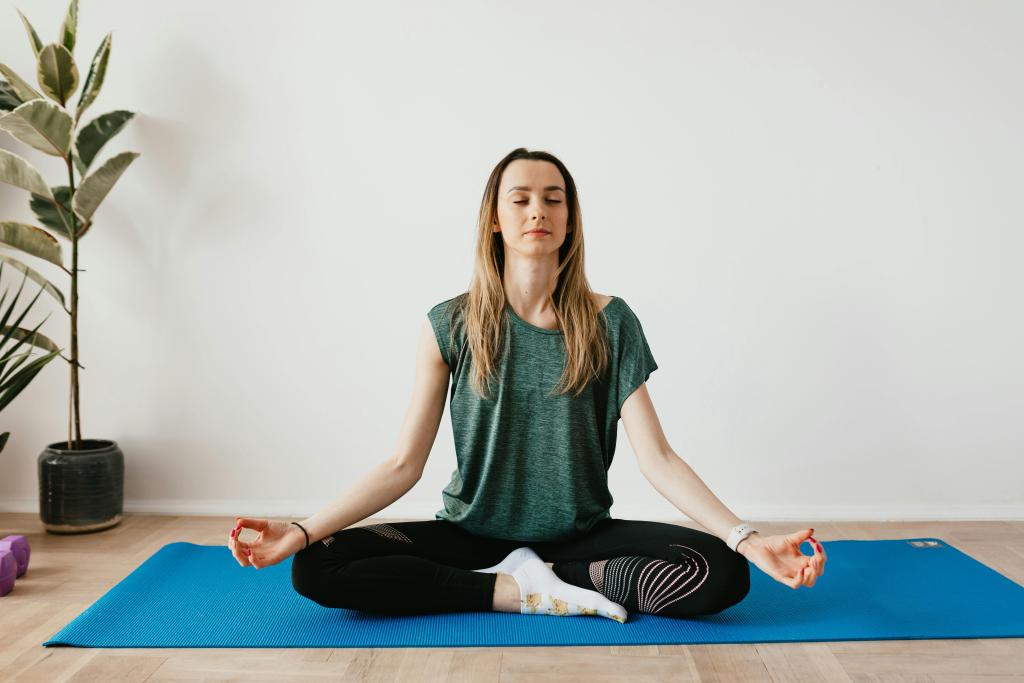
Finding time for mindfulness can seem difficult when you’re busy juggling multiple roles and responsibilities. If you’re balancing family life and work life, finding moments of mindfulness can feel like just another challenge. However, including mindfulness practices in your daily routine can lead to greater balance and improved physical and emotional well-being.
Let’s explore why mindfulness matters.
Mindfulness is about paying attention and being fully aware of the present moment. A mindful approach involves developing an awareness of your thoughts, feelings, physical sensations and your environment. Mindfulness aims to encourage a sense of calm, clarity and inner peace.
Even when you’re time-poor, mindfulness can be incorporated into your daily life; it doesn’t require a lot of time. There are many easy ways to set time aside for mindfulness, including:

There are many benefits of mindfulness, including:
Stress reduction:
Stress is often a contributing factor to feeling overwhelmed and anxious in our daily lives. Mindfulness activities such as deep breathing and practising gratitude can help you manage daily stress. When you engage in regular mindfulness practices, you can lower cortisol levels, reduce anxiety and lower your anxiety.
Enhanced emotional well-being:
Hormonal changes, day-to-day pressures and life transitions can all affect your mood and emotional well-being. When you’re practising mindfulness, you can foster greater self-awareness and acceptance. You can learn to recognise your thoughts and feelings without feeling completely overwhelmed by them.
Improved sleep quality:
Poor quality sleep is something that affects many women, especially through life transitions such as pregnancy, postpartum and menopause. Certain mindfulness techniques can help promote better sleep throughout these stages of life. When you incorporate mindfulness into your bedtime routine, it can help relax your muscles and your mind for more restful sleep.
Better relationships:
Practising mindfulness is great for you as an individual, but it is also great for your relationships. When you develop the skill of being present in the moment you can become a better active listener and demonstrate more mindful communication. When you foster deeper connections in your relationships you can show greater empathy, understanding and conflict resolution for healthier relationships.
Mindfulness not only benefits individual well-being but also enhances interpersonal relationships. By cultivating presence and active listening skills, women can foster deeper connections with their partners, family members, and friends. Mindful communication promotes empathy, understanding, and conflict resolution, leading to healthier and more fulfilling relationships.
Physical health benefits:
When you practise mindfulness, you can access a wide range of physical health benefits, including:
Mindfulness is a powerful tool for self-care and a fantastic way to improve your overall well-being. In this busy world where we are more connected than ever, it’s a great way to be fully present in the moment and lower stress.
If you’re experiencing stress and anxiety in your life and would like to learn more about mindfulness, our experienced Grace Private psychologists Karen White and Kerryn Blunt are here to help. If you’d like to book an appointment with one of the Grace Private psychologists, call 07 5594 7632.

